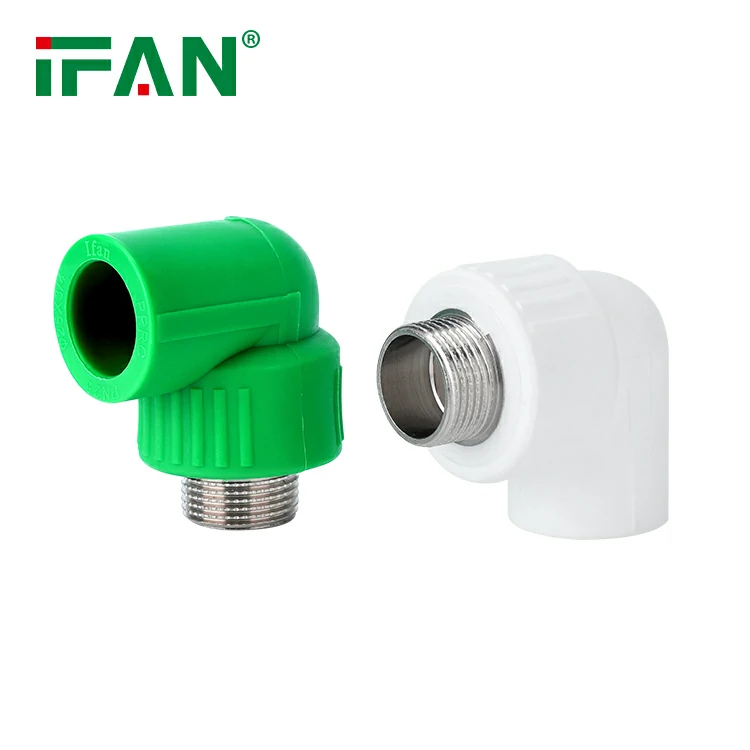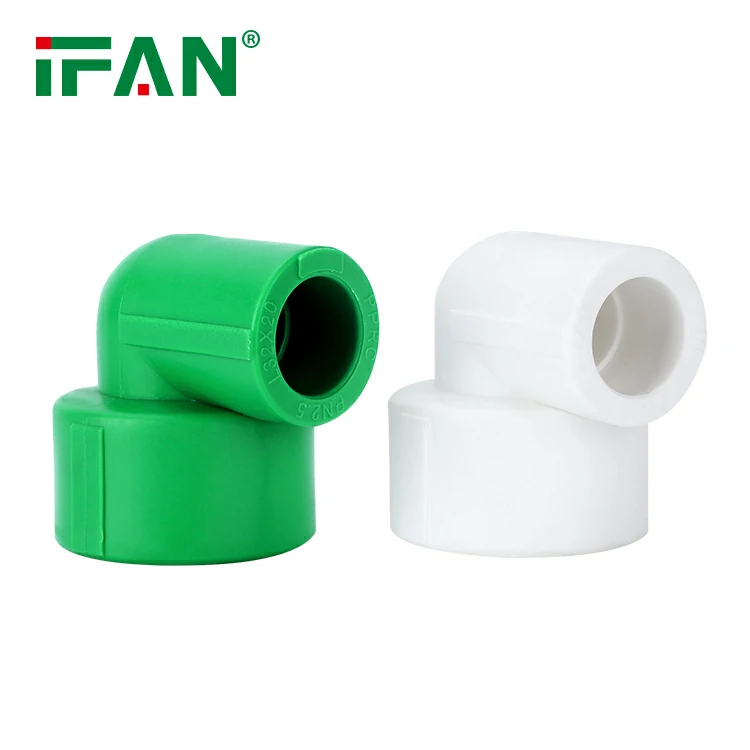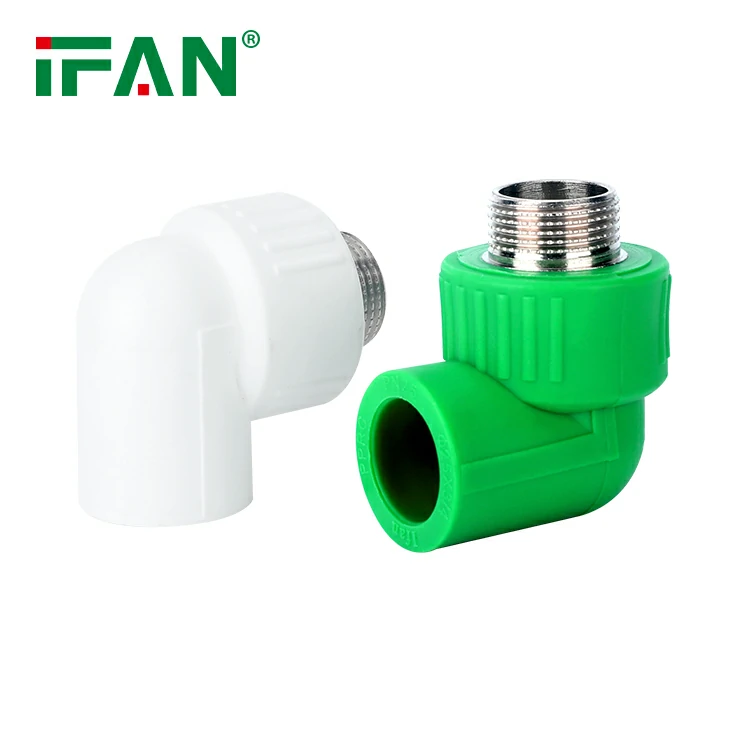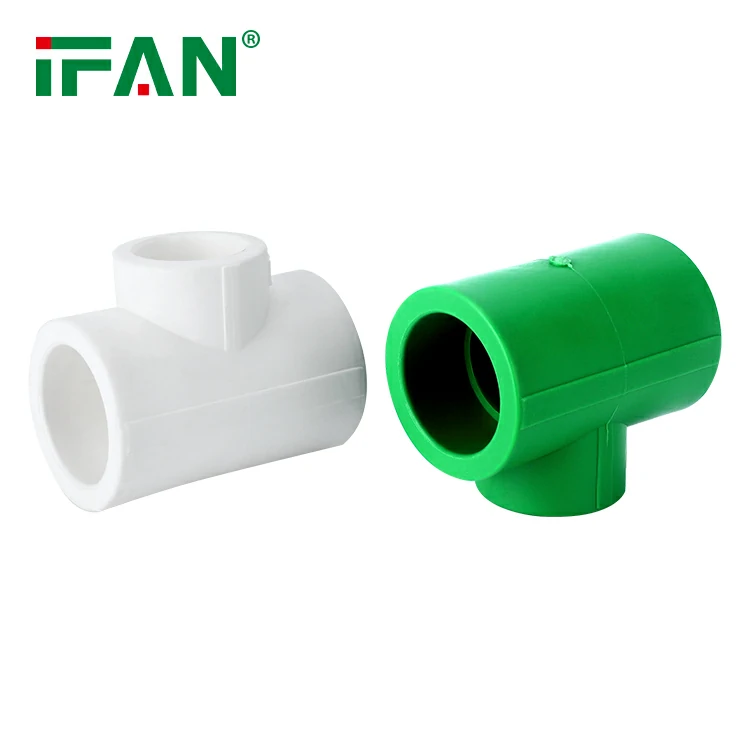Introduction
In a move to bolster local manufacturing capabilities and reduce dependency on imports, a new plumbing system factory has been established in Ethiopia. This factory aims to produce high-quality plumbing products, including PPR fittings, to meet domestic demand and open new avenues for export trade. As the demand for durable and efficient plumbing systems continues to rise both locally and internationally, Ethiopia is positioning itself as a key player in the manufacturing of plumbing solutions that not only serve the local market but also contribute to the global supply chain.
This article will explore the significance of the new plumbing system factory in Ethiopia, focusing on its potential to encourage import substitution and promote export trade. We will delve into the role of PPR fittings in the plumbing industry and how their production locally can have a transformative impact on Ethiopia’s economy and the wider region.
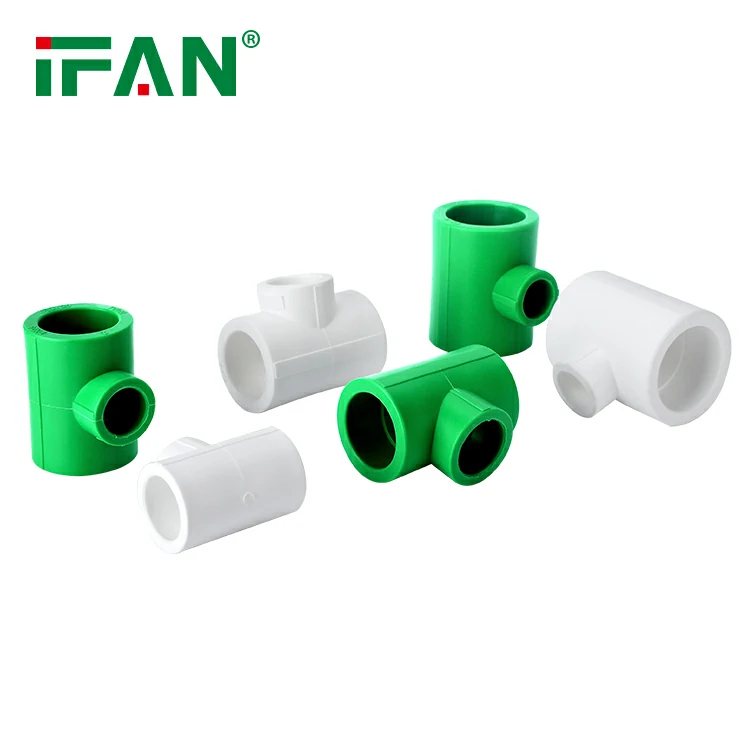
The Role of PPR Fittings in Plumbing Systems
PPR (Polypropylene Random Copolymer) fittings are widely recognized for their exceptional properties, making them a preferred choice for plumbing systems. These fittings are used in the construction and installation of plumbing networks for water and gas supply systems. The benefits of PPR fittings include:
- Corrosion Resistance: PPR fittings are highly resistant to rust and corrosion, which makes them ideal for long-lasting plumbing installations.
- Chemical Resistance: These fittings can withstand a wide range of chemicals, making them suitable for industrial applications where exposure to corrosive substances is a concern.
- Thermal Insulation: PPR fittings provide excellent insulation, reducing heat loss in hot water systems, making them energy-efficient.
- Ease of Installation: PPR fittings are lightweight and easy to handle, and they can be joined using a heat fusion process, which creates strong and durable bonds.
- Sustainability: Being recyclable, PPR fittings are an environmentally friendly choice compared to traditional materials like PVC and metal.
The introduction of a local manufacturing facility in Ethiopia dedicated to producing PPR fittings and other plumbing system components represents a significant step toward modernizing the country’s infrastructure and meeting the increasing demand for high-quality plumbing products.
The Importance of Import Substitution in Ethiopia
Ethiopia, like many developing nations, has traditionally relied on imports for a variety of goods, including plumbing systems and materials. This reliance on foreign products can lead to several economic challenges, such as:
- High Import Costs: The cost of importing goods, including plumbing materials, can significantly strain the national budget.
- Currency Depreciation: Importing goods often requires foreign currency, which can lead to further depreciation of the local currency and trade imbalances.
- Limited Local Employment Opportunities: Relying on imports limits the potential for job creation in the manufacturing sector, which can have long-term effects on economic growth.
By establishing a local factory for plumbing systems, Ethiopia aims to reduce its dependence on imported plumbing materials and substitute these imports with locally produced goods. This shift will have several positive effects:
- Cost Reduction: Producing plumbing materials locally, such as PPR fittings, will reduce the need to pay for shipping, customs duties, and other import-related costs, making plumbing systems more affordable.
- Economic Growth: With the development of local manufacturing industries, more jobs will be created, boosting the economy and supporting community development.
- Infrastructure Development: A steady supply of locally produced plumbing materials will help accelerate infrastructure projects, especially in urban development and rural electrification programs that require reliable plumbing solutions.
- Enhancing Local Expertise: The factory will provide valuable experience and expertise to local workers, encouraging the development of skills that can be applied across other industries as well.
Encouraging Export Trade through Quality Production
In addition to encouraging import substitution, the plumbing system factory in Ethiopia is expected to play a key role in expanding the country’s export trade. By producing high-quality plumbing materials such as PPR fittings, Ethiopia can tap into the growing demand for these products in other African nations and beyond.
Several factors will help Ethiopia become a competitive player in the global plumbing market:
- High-Quality Standards: The factory is designed to meet international standards of quality, ensuring that products like PPR fittings are durable, reliable, and up to par with global expectations.
- Cost-Effective Production: As a result of lower labor costs and access to locally sourced materials, the production cost of plumbing systems in Ethiopia will be more competitive compared to countries that rely heavily on imports.
- Regional Trade Agreements: With growing trade relationships within the East African region and through continental agreements like the African Continental Free Trade Area (AfCFTA), Ethiopian-made plumbing products can more easily access regional markets.
- Export Infrastructure: Ethiopia’s expanding infrastructure, including its transportation and logistics networks, will support the distribution of locally manufactured plumbing products to international markets.
By tapping into export trade, the factory will not only contribute to reducing the trade deficit but will also increase Ethiopia’s export revenue, further strengthening its economy.
The Impact on the Ethiopian Economy
The establishment of this factory is poised to create multiple economic benefits:
- Job Creation: Local manufacturing of plumbing systems will create jobs in various sectors, from production to logistics and distribution. The factory will employ engineers, technicians, quality control specialists, and administrative staff, among others.
- Development of Local Supply Chains: As demand for locally produced plumbing materials grows, suppliers of raw materials, machinery, and other components will also benefit, creating a ripple effect across the supply chain.
- Technological Advancements: The factory will introduce modern manufacturing processes, including automated production lines and quality control measures, which will improve the overall technological capabilities of the local industry.
- Increased Foreign Direct Investment (FDI): The success of this factory could attract additional foreign investment in Ethiopia’s manufacturing sector, leading to further economic development and modernization of industrial infrastructure.
Conclusion
The new plumbing system factory in Ethiopia represents a pivotal step toward economic self-sufficiency, the creation of high-quality local jobs, and the development of competitive export markets for plumbing materials. By focusing on producing durable and reliable products like PPR fittings, Ethiopia can reduce its dependence on imports, foster economic growth, and play a more significant role in the regional and global plumbing industry. The factory not only supports import substitution but also opens new opportunities for export trade, making it a key driver of Ethiopia’s economic and industrial future.
FAQs
- What are PPR fittings, and why are they important for plumbing systems?
PPR fittings are made from polypropylene random copolymer and are used in plumbing systems for water and gas supply. They are known for their durability, corrosion resistance, and ease of installation. - How will the new plumbing system factory help Ethiopia’s economy?
The factory will reduce import dependency, create jobs, enhance local manufacturing expertise, and contribute to economic growth by offering competitive plumbing solutions for both domestic and export markets. - What benefits does import substitution bring to Ethiopia?
Import substitution helps reduce the cost of imported goods, strengthens the local economy, creates jobs, and improves self-sufficiency by fostering local production and reducing reliance on foreign currencies. - How can Ethiopia compete in the global plumbing market?
By producing high-quality plumbing products like PPR fittings at competitive prices and meeting international standards, Ethiopia can gain access to global markets, particularly through regional trade agreements like AfCFTA. - What impact will the new factory have on local communities?
The factory will create direct and indirect employment opportunities, promote skill development, and contribute to the development of local supply chains, benefiting the surrounding communities and improving the standard of living.

